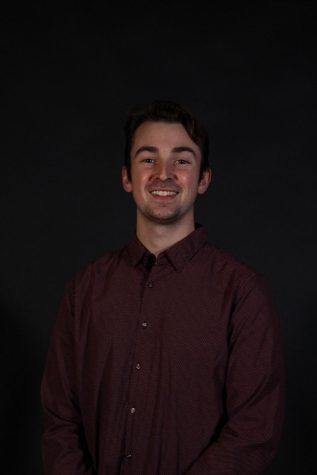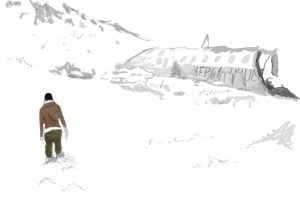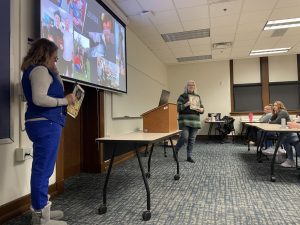Local Cotter Schools adjust to COVID-19

October 14, 2020
Local area Cotter Schools have remained largely unaffected by Winona State University’s recent two-week campus quarantine due to COVID-19.
While Winona public schools and the university experienced changes in teaching methods, Cotter was able to continue their blended learning.
Sister Judith Schaefer, president of Cotter Schools, said the blended learning system is a mixture of in-person and distanced learning.
For grades five through eight, class is held in person, while grades nine through 12 are taught completely online.
In addition to the modifications in teaching delivery methods, housing was also changed to adjust to the pandemic.
“No students will be housed at Cotter schools,” according to Schaefer.
“Most are international students that couldn’t [come back to Winona],” Schaefer said.
Sports at Cotter have also been allowed to continue, even during the two-week quarantine imposed by Winona State and Winona Area Public Schools.
Schaefer said that she was assured sports could continue safely and that it requires the effort of all existing parties to ensure the continuation of activities.
Some of these activities include non-sport and educational interactions that take place once a week at Cotter.
In the six weeks since the beginning of the school year, Cotter has only reported one positive COVID case which was dealt with almost immediately by an imposed quarantine for those that were in contact with the student, Schaefer said.
While Cotter has effectively managed COVID issues, it has not been immune to the disruption of projects with Winona State and Winona Area Public Schools.
During the two-week quarantine, important meetings were halted, which “slowed down future projects,” including an educational conference meant to connect all educators in Winona, Schaefer said.
In addition to the delay of the educational conference, Cotter has been unable to access recreational centers located at Winona State.
Daniel Kirk, dean of the College of Education at Winona State, said he has witnessed the obstacles brought on by the pandemic.
“Student teaching is an essential component for education majors, a process that has been dramatically changed,” Kirk said.
During the fall semester, students partake in field experience with schools such as Cotter as well as others, and this process includes observation and activity-oriented classroom situations.
However, due to the pandemic, field experience for students mostly takes the form of Zoom sessions or small group settings, Kirk said.
In the spring semester students will likely be student teaching under a model that includes the same rules as field experience, Kirk said.
Kirk stressed that student teaching “has to happen” because it’s a requirement for new graduates attempting to obtain their license through the Professional Educator Licensing and Standards Board in Minnesota.
Kirk said he hopes the community remains, “very mindful of advice given from local and state bodies” regarding the COVID pandemic.


































